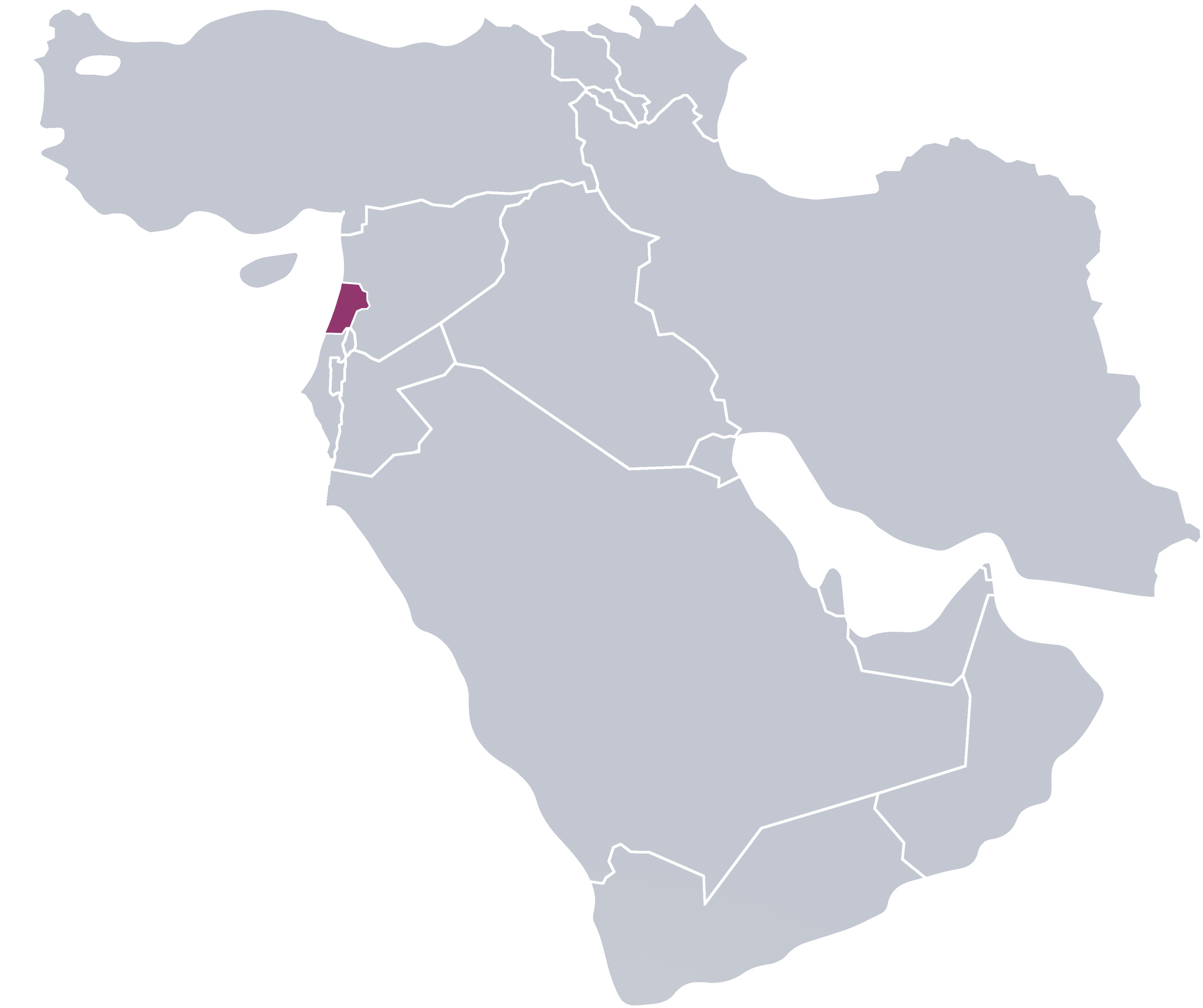
Lebanon

Escalating since October 2019, the political and economic crisis is driving Lebanon to the brink of bankruptcy. The tragic situation has been exacerbated by a gigantic explosion of chemicals stored in Beirut’s seaport in 2020. The middle class has virtually ceased to exist. Educated citizens are fleeing hyperinflation, unemployment which rises every month, power cuts and fuel shortages.
Overview:
- Since the beginning of the crisis, the Lebanese pound has lost more than 98% of of its value (as of 2024)
- Since October 2019, food prices have increased by over 1,000%
- GDP has dropped by 70-75% compared to its pre-crisis value.
- 80% of the Lebanese population (over 3 million people) live in poverty. Extreme poverty has affected 36% of Lebanese (1.38 million)
- There is a shortage of specialist medications across the country, and the price of basic ones is beyond the reach of the average Lebanese
- Prolonged power and fuel shortages (up to 22 hours a day) are paralysing the daily lives of the Lebanese
- It is the country with the highest number of refugees per capita (1.5 million Syrian refugees and 11,645 refugees of other nationalities)
- As a result of the bombings carried out by Israel, the number of internally displaced people reached over 1.2 million in October 2024
260
over 350
1000
07.07.2025
“Love works miracles—and here, we need them badly.”
Tony doesn’t overthink his words or dress them up—he speaks plainly. When he talks about love, he means the kind that sweeps you away like a desert storm. When he talks about war, he means the war he has seen with his own eyes.
“War is sick, possessed, completely insane. But after a war comes a good time,” he says, loud and clear, unafraid of who might hear him. A snow-white beard on a clean-shaven head, solid biceps, combat boots and army trousers—and a smile that melts the fear in the eyes of Sidon’s residents.
We drive along winding roads to small Christian villages in the hills above the city. From here, you can clearly see the bombs fall. He saw where they landed and whose homes they destroyed. He saw how people suffered and lost hope—and he made a promise to God that as long as hope was dying here, he would stay to reignite it. Not everyone understands him right away—he’s a holy madman, an incurable optimist who doesn’t quite fit into war-torn southern Lebanon.
Tony’s Suzuki Jimny honks at every bend. His strong arm, shaped by years of hard work, often leans out the window to wave at passersby. There’s no show of force in these gestures—only warm, fatherly love. He knows people by name. He tells them to be glad things aren’t worse, and not to worry that they’re not better. Some of them he greeted for years until, eventually, they smiled back and raised a hand in return.
Anyone who gets to know him wants to stay close. With him, people feel safe—they know they’ll get through this. He reminds them that where there is war, there doesn’t have to be fear, because fear isn’t tied to geography—it’s something inside us.
Together, we visit Latifa and Georges, an elderly couple caring for their 50-year-old daughter, Rania. Nearly fifty years ago, they endured the devastating mistake of a doctor whose error trapped a bright, intelligent girl in the world of intellectual disability. Somehow, they managed. They even rebuilt their home after it was hit in 1982 by an Israeli plane, with the pilot still conscious. But the economic crisis five years ago wiped out their life savings, and their pension has dwindled to a symbolic $200. They love Rania and want to fight for her, but they have no means. Tony visits them regularly. He brings medicine, sometimes food, sometimes heating fuel. He hugs and comforts them when needed—but he doesn’t cry, and he forbids them to cry. He makes himself at home, picks up an oud, and fills the heavy silence with music. Georges taps his foot, and Rania’s face lights up—she remembers that music means joy.
That’s Tony. Our new Angel. Supporting Tony means sharing the strength of his arms—arms that carry aid and embrace the most vulnerable in battered southern Lebanon.
